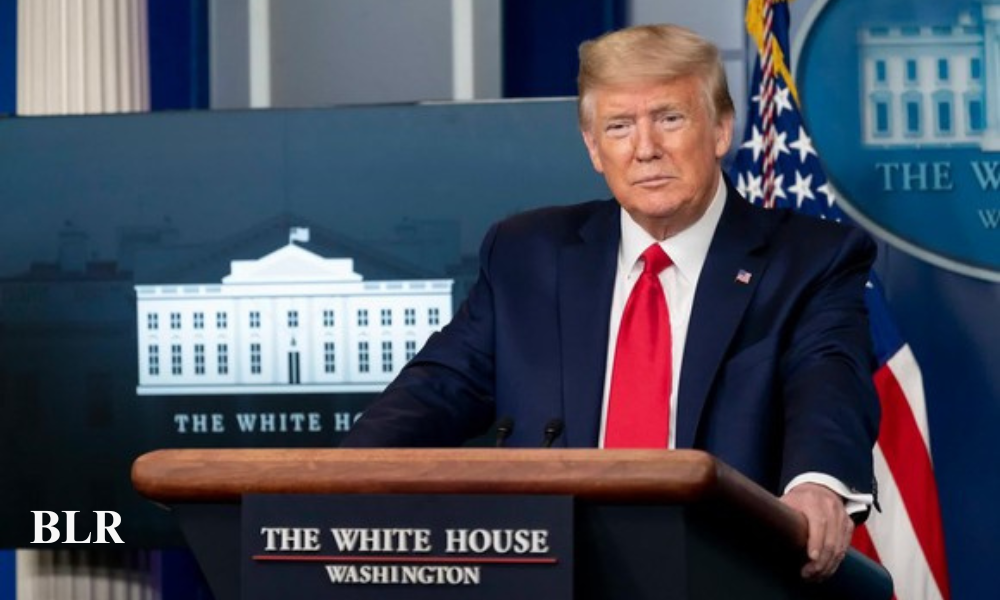Key Highlights
- The S&P Health Care Equipment index fell 2%, with major firms down as much as 11%.
- The probe was launched under Section 232 to assess the impact of imports on national security.
- Analysts warn of potential supply chain and tariff risks for the sector.
U.S. medical technology stocks dropped sharply on Thursday after the Commerce Department announced a probe into imports of medical devices. The move has sparked fears of tariffs, potential supply chain disruptions, and new costs for the healthcare industry, which is already facing mounting pressures.
The S&P Health Care Equipment index fell 2% during trading, with several major players posting steep declines. GE HealthCare, Becton Dickinson, Stryker, Insulet, Intuitive Surgical, and ResMed slid between 4% and 11%. Abbott shares dipped 1.6%, while Medtronic declined 2.3%.
National Security Review Under Section 232
The probe was launched under Section 232 of the Trade Expansion Act of 1962, a mechanism that allows the U.S. government to investigate whether certain imports threaten national security. The Commerce Department said the investigation will cover medical consumables, personal protective equipment, and broader categories of medical devices.
Officials have 270 days to deliver their recommendations, which could include tariffs, quotas, or other trade measures. Such actions, if implemented, would echo past Trump administration import probe cases where Section 232 investigations led to tariffs on steel and aluminum.
Analysts Warn of Market Risks
Analysts cautioned that the uncertainty could act as a fresh headwind for the fall of US medtech stocks. This sector has already struggled this year due to supply chain constraints, higher input costs, and softer international demand. While the broader S&P 500 has gained 12.5% year-to-date, the medtech index is up just 2.3%.
“This creates a new overhang for the already-beleaguered sector, but the actual impact of any new tariffs depends on companies’ ability to pass through the costs to customers,” said Mike Matson, analyst at Needham.
Industry group AdvaMed sought to calm investors and stakeholders. CEO Scott Whitaker said:
“We look forward to continuing our work with the Administration to strengthen our already-robust and uniquely American industry.”
Ripple Effects Beyond the U.S.
Although the full implications remain uncertain, European healthcare and industrial shares also slipped in response to the announcement, highlighting broader investor unease over potential trade restrictions.
J.P. Morgan analyst Robbie Marcus advised caution but not panic, noting: “We don’t think it’s right to hit the panic button.”
With a 270-day review window, the Commerce Department’s decision could shape the competitive landscape of the global healthcare industry. Until then, volatility in US medtech stocks is expected to continue as investors weigh the risks of higher tariffs and tighter supply chains against companies’ ability to adapt.


